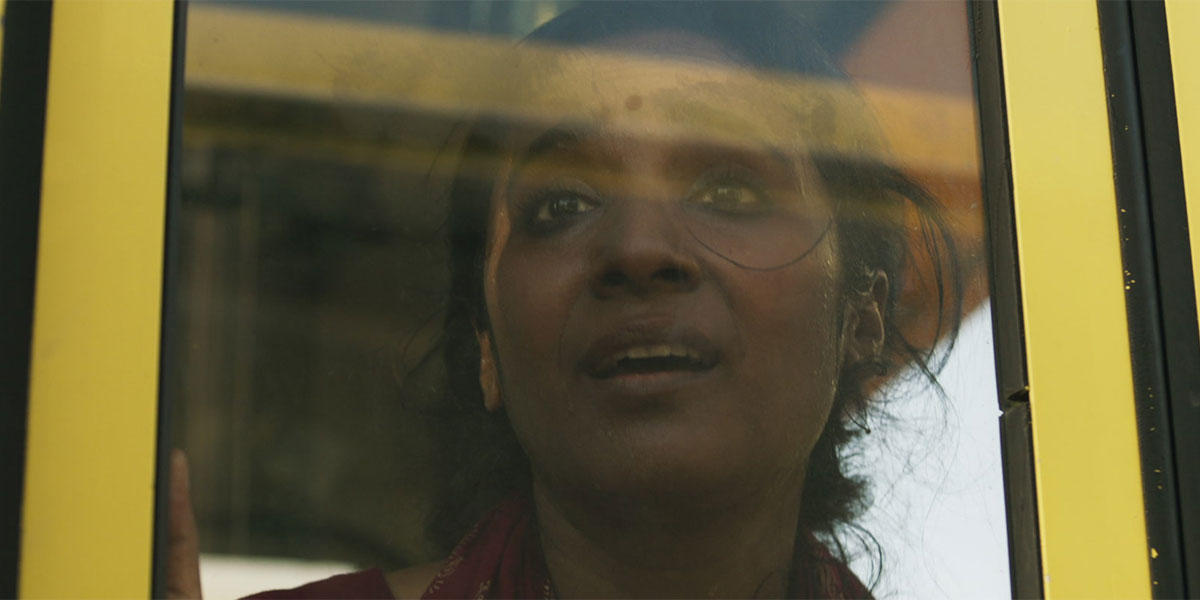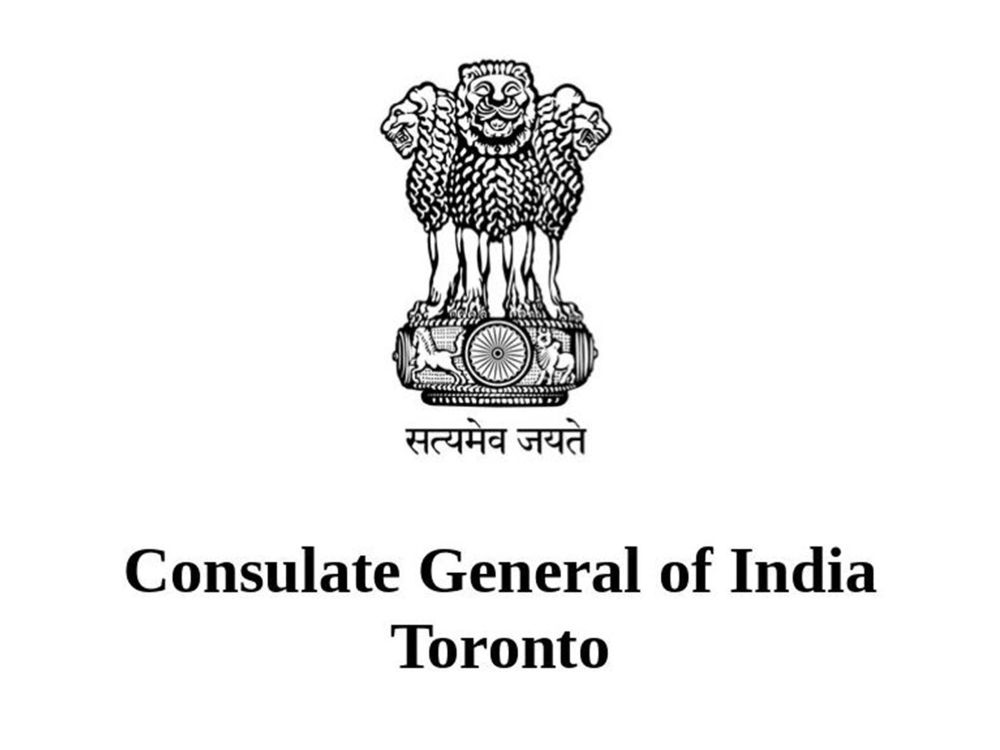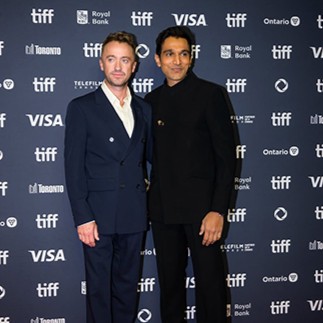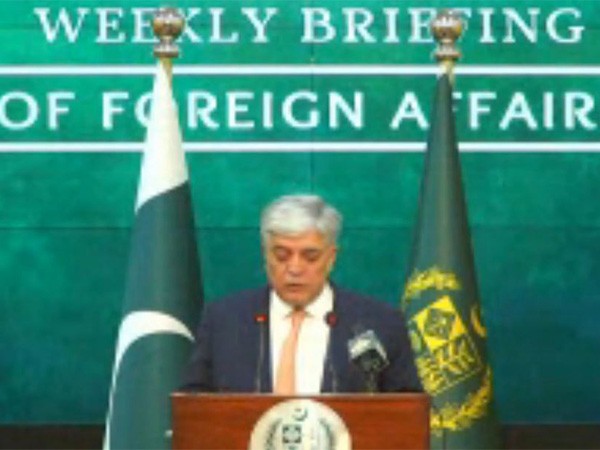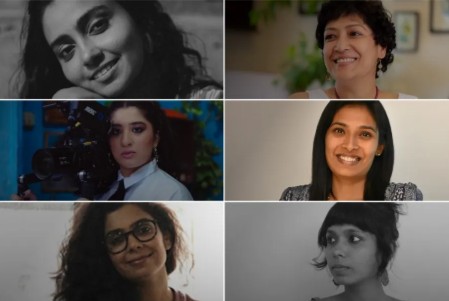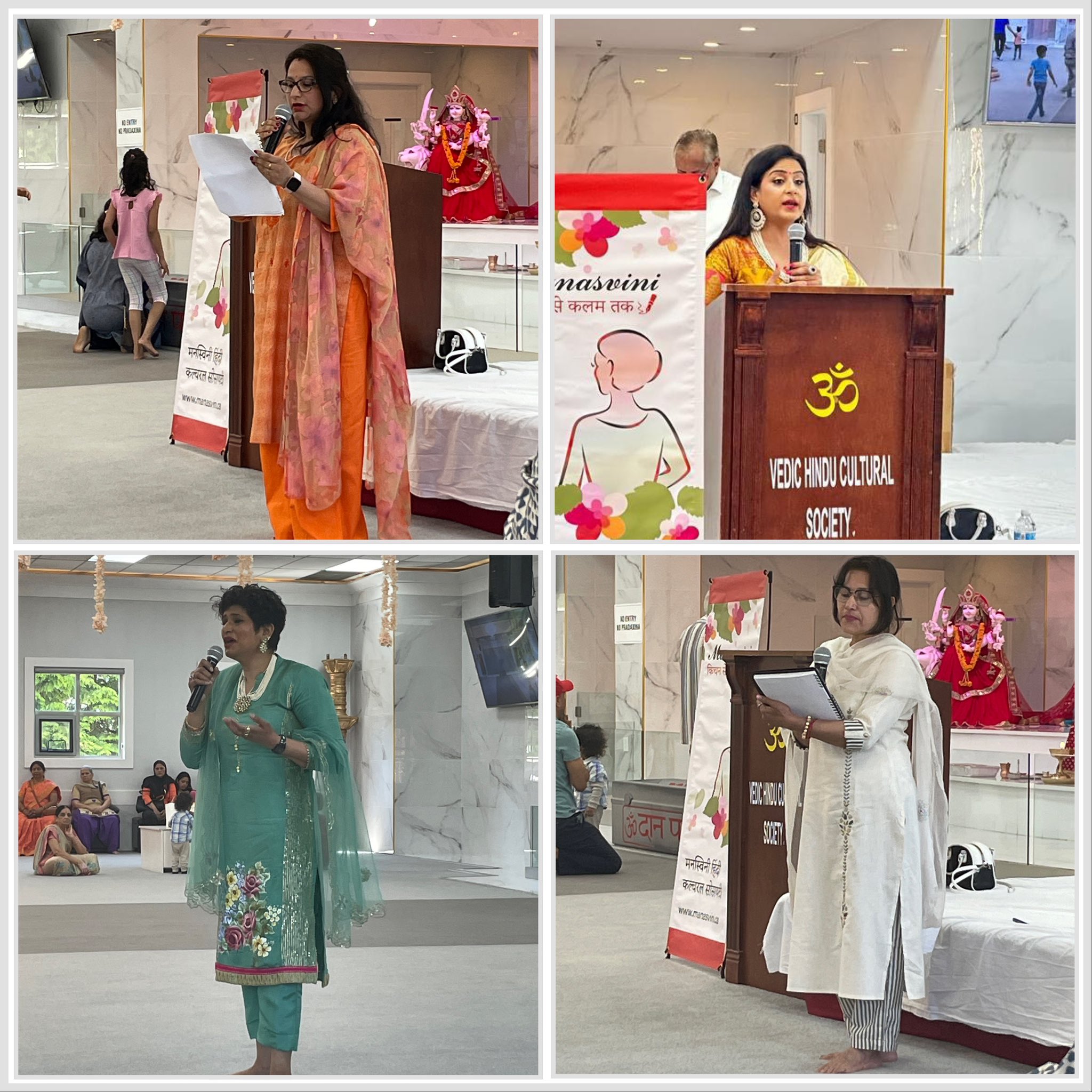By Renu Mehta
Toronto
The Yellow Bus had a world premiere at the Toronto International Film Festival (TIFF). It was the first time a film from United Arab Emirates (UAE) was presented at the festival in Toronto.
Directed by Wendy Bednarz, Ananda (Tannishtha Chatterjee) and Gagan (Amit Sial) immigrated to the Arabian Gulf from India in search of new opportunities and a better life for their family, which soon grew to include daughters Ravina (Aarushi Laud) and Anju (Kshethra Mithun). The couple live happily, peacefully, content with their middle-class lives. The two girls go to School, have friends and live a normal life. Until one day. The two girls go to school in a yellow school bus and Anju, aged 6, goes to sleep. No one checks that she has not got out of the bus when the bus reaches the school. At the end of the school day, it is too late. In the hot scorching weather of the region, the child does not survive.
The school attempts to make amends, even offering blood money that the mother refuses. The bus driver and the attendant are sent to prison. The matter is closed and life begins normally. But the aggrieved Ananda, does not want to give up on the truth and looks for accountability. In her quest for the truth, she refuses the excuses and condolences she is presented with, to ease the weight of her grief amidst the unraveling of her family.
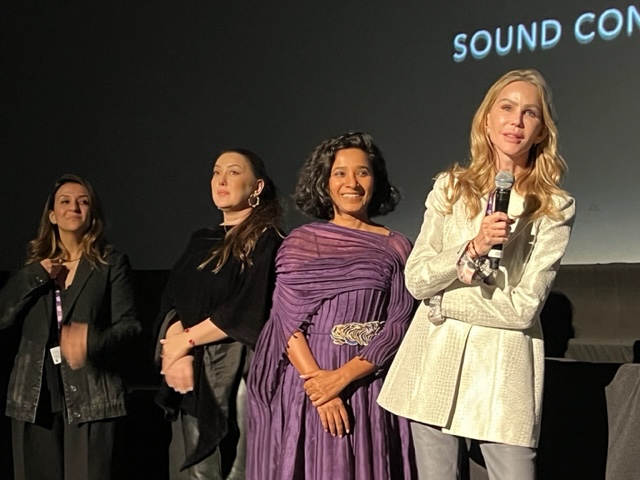
Chatterjee was present at TIFF with director Bednarz, Syrian co-actor Kinda Alloush and producer Nadia Eliewat.
The film is really special because the film is in 5 languages, three mainly and then English and Arabic,” said Bednarz. “I don’t speak Hindi or Arabic and it was really important that we cast actors who capture the essence and understand the nuances. Also to be collaborators to really take the story on their own and be prepared for the kind of dialogue you need to have, the trust you need to have, you need to have conversations that I may not have answers to.”
Chatterjee said that she was totally on board as soon as soon as she read the script.
“I knew it would be a heartbreaking experience playing it and yet it’s going to be a cathartic experience. It’s only sometimes that we as actors find characters such as this written for us especially when you cross a certain age bracket. It was a very strong women-centric team and we are all mothers. As women, as mothers, we all empathize with each other and that was one of the most beautiful experiences.”
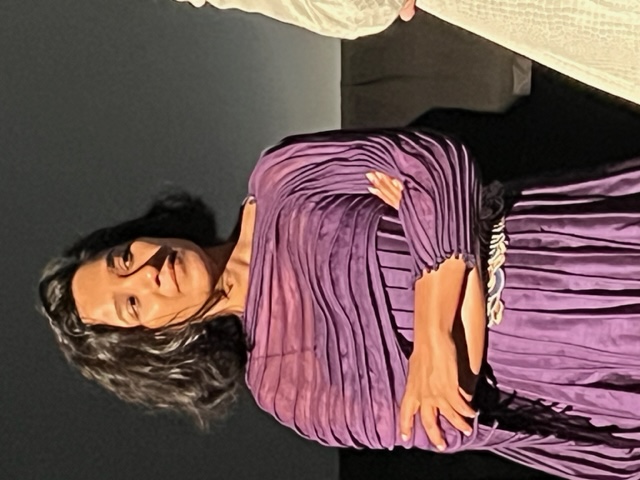
In the film, there was a scene in which Ananda is shown eating her daughter’s ashes that was pulled off in the film despite a lot of opposition.
“This came in the second script. Wendy said there was a lot of opposition to that scene. I reacted and said I love it. I felt we could do it because the mother is mental at that time. I said we will find a way to do this. And Wendy suffered my mental behavior throughout the shoot.”
Meanwhile, Chatterjee said she questioned her own self doing this film. According to her, this film was one of the most cathartic experiences where she loved the experience so near to reality and then came out of it.
“It was very tough, especially in moments when I would look at this girl and I would have tears in my eyes. I couldn’t even look at her and imagine. And my daughter is the same age. So I asked myself many times. Why am I doing this to myself? Why am I an actor? And why do we torture ourselves? Why as humans we love tragedies? What do stories actually mean to us?
Acting in general is a very spiritual process and this film has brought me much closer to that.”
The film which runs 112 minutes is Chatterjee’s 8th film at TIFF, coproduced by Sikhya Entertainment amongst others, and is a remarkable lesson in the power of a mother’s determination to find the truth against all odds.
















